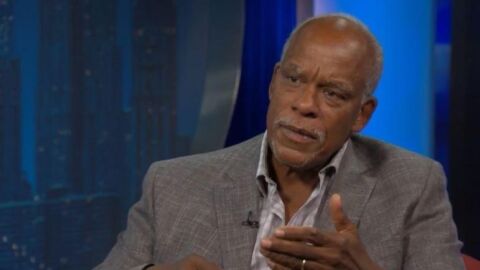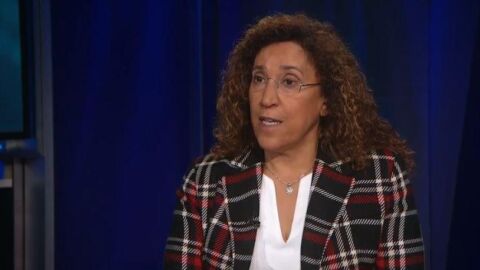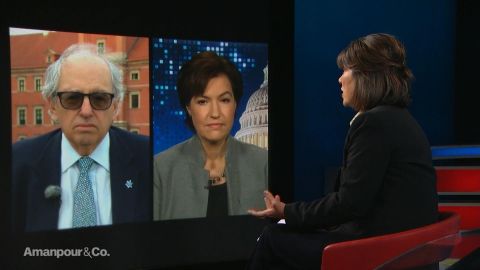Read Transcript EXPAND
CHRISTIANE AMANPOUR: You know, you’ve been a critic for a long time. You’ve watched what the government has been doing for a long time. I guess, where does this, first of all, mass execution fit into a country that, in any event, has the death penalty, and you heard what I read, that justice has been served?
MADAWI AL-RASHEED, PROFESSOR, MIDDLE EAST CENTER AT LONDON SCHOOL OF ECONOMICS: Well, it fits very well. And since the beginning of 2019, we had 104 executions. But the shocking thing it was the mass execution and also the crucifixion.
AMANPOUR: Explain that. What do you mean?
AL-RASHEED: Well, usually the beheading takes place, but in one particular prisoner case, he — after beheading, he was crucified and there were reports that he was on display. But it is in line with what Saudi Arabia does. The death penalty is upheld in Saudi Arabia. But the worrying thing is their judiciary that is not independent.
So, we know the death penalty exists in democracies and in autocratic regimes, but when there is no way to challenge the courts and the courts are under the authority of the Ministry of Interior or even higher in this particular moment, under the authority of the crown prince, Mohammed bin Salman, then it is very difficult to see how justice is done.
AMANPOUR: Can I just put up a graphic we have with the list of those countries, because you just mentioned that, you know, their death penalty even if some democracies like the United States. Let’s just put that up and just say that Amnesty International on 2018 global executions listed China as being the one who executed the most. There are no numbers actually because the data is not public. Iran, then Saudi Arabia is number three, Vietnam, Iraq, Egypt, the United States is seventh on that list.
Before we get to some of the — you know, some of the points of why Saudi Arabia says they executed these people, you know, when there is a country like the United States, which also has the death penalty, what then is the mitigating ability of diplomacy or appeal to human rights or appeal to their allies? Saudi Arabia is a big ally of the United States. Mohammed bin Salman is somebody the United States has taken a major gamble on, certainly, the Trump administration. They believe he’s their man. What can the U.S. do in these instances?
AL-RASHEED: Well, the U.S. doesn’t want to do anything, especially at this particular moment. We have seen how Saudi Arabia and the Saudi regime itself got away with murdering a journalist in the consulate in Istanbul on the 2nd of October.
And Mr. Trump at the time said maybe they did it, maybe they didn’t. And even when he was confronted with the report of his own intelligence services, he refused to take any notice.
About This Episode EXPAND
Christiane Amanpour speaks with Norman Ornstein & Susan Glasser about Attorney General William Barr. She also speaks with Madawi Al-Rasheed about the mass execution of 37 men in Saudi Arabia. Walter Isaacson speaks with filmmaker Stanley Nelson about his latest documentary, “Boss: The Black Experience in Business.”
LEARN MORE


